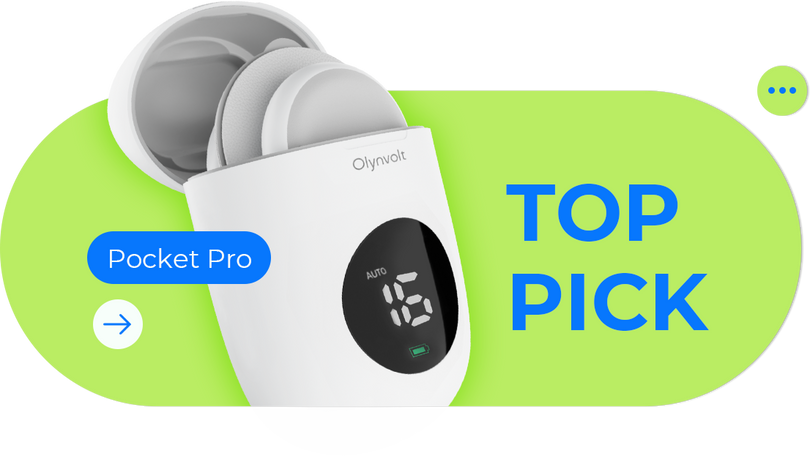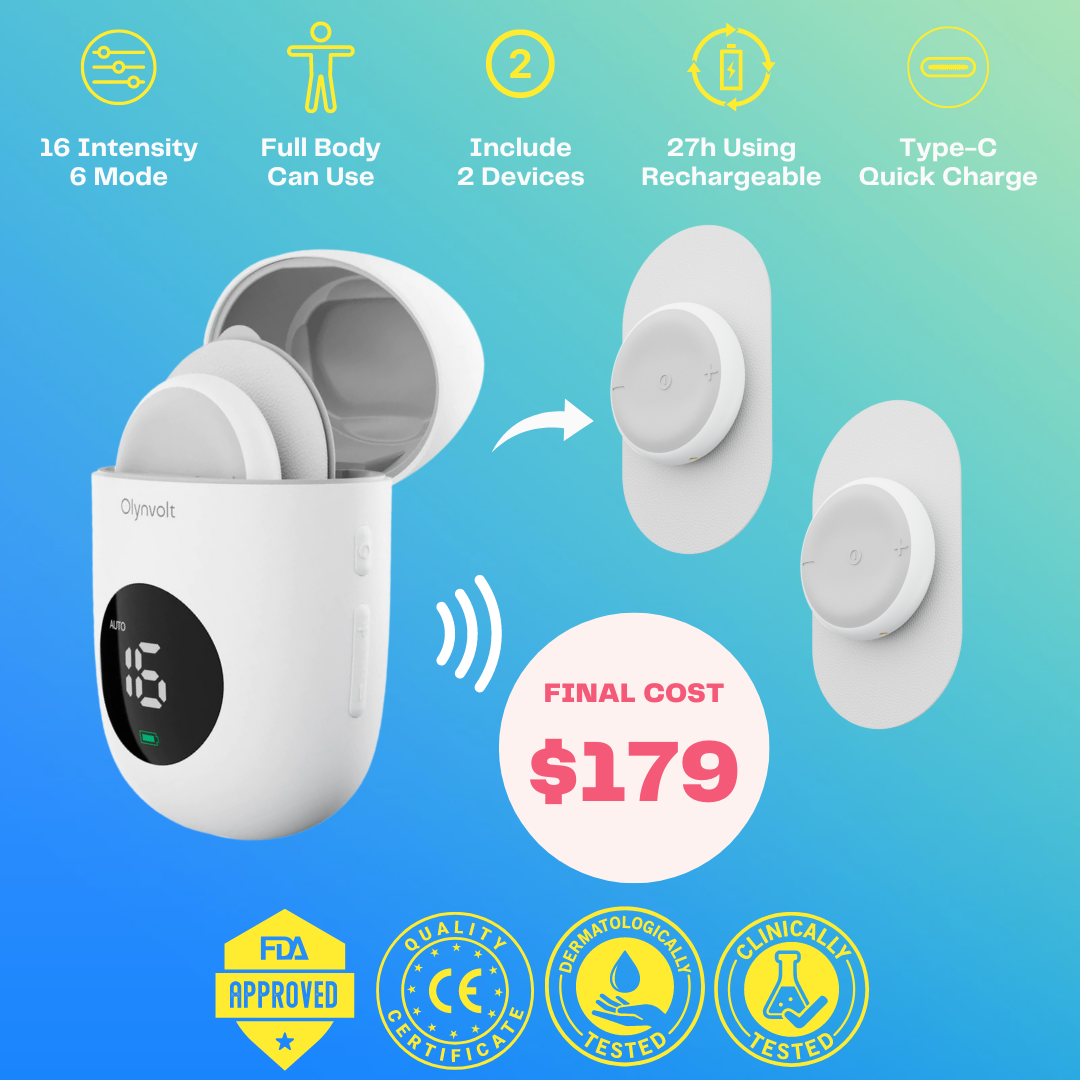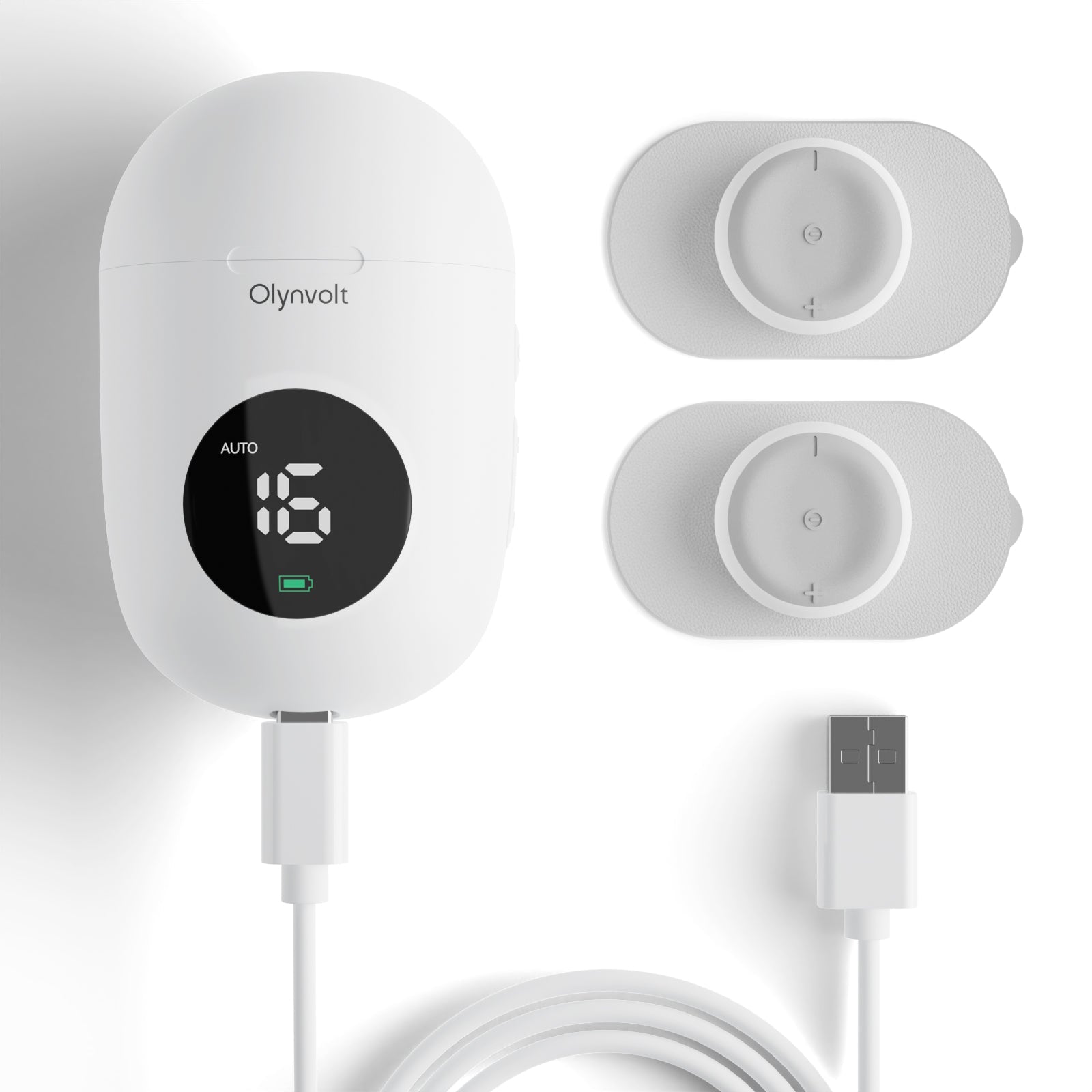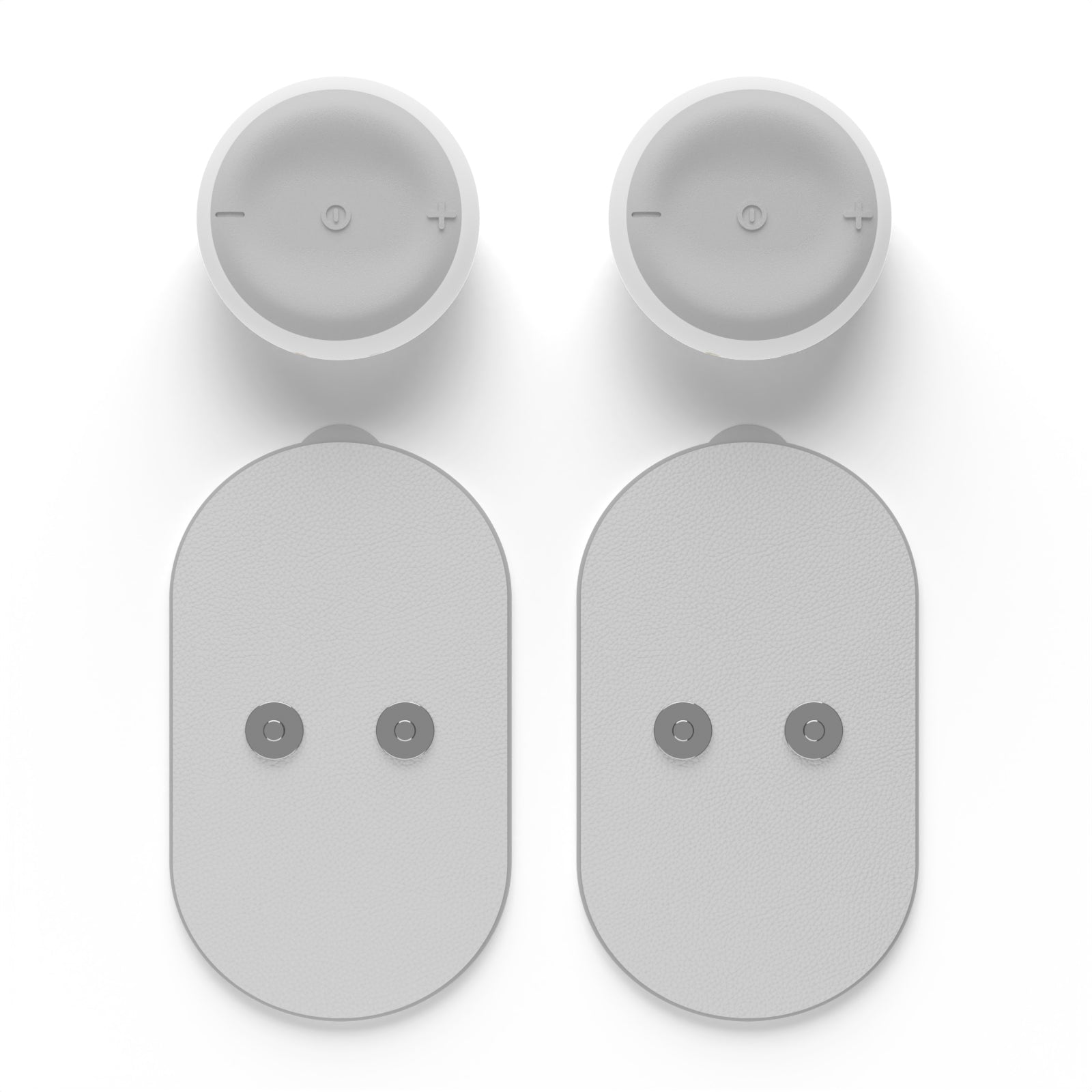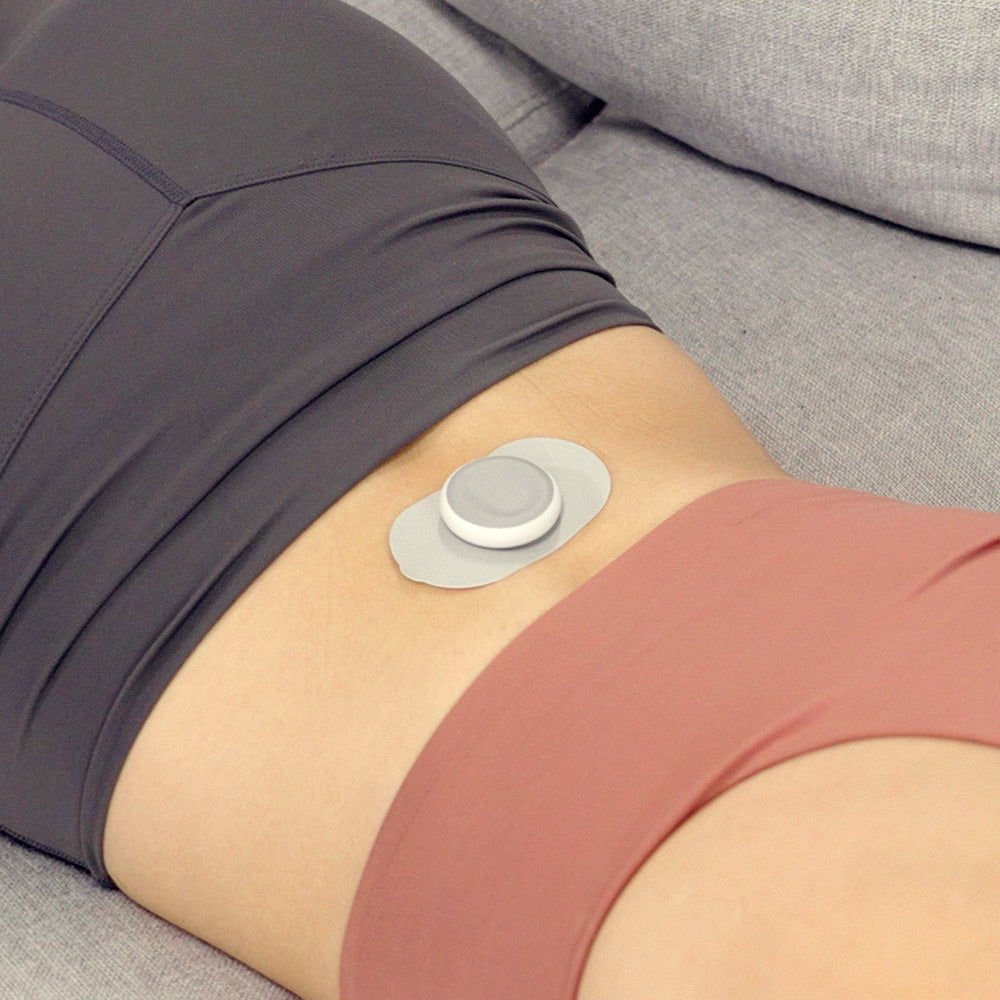Transcutaneous electrical nerve stimulation (TENS) units are versatile devices commonly used to manage various types of pain. Understanding the indications for TENS therapy is essential for maximizing its benefits and promoting effective pain relief. In this guide, we explore the common indications for TENS unit use and how it can be integrated into pain management strategies.
Chronic Pain Conditions:
TENS therapy is widely used to alleviate chronic pain conditions, including:
-
Low Back Pain: TENS units are frequently employed to relieve low back pain, offering a non-invasive alternative to medications and surgery. The electrical stimulation provided by TENS units can help reduce pain intensity and improve function in individuals with chronic low back pain.
-
Arthritis: TENS therapy can be beneficial for individuals with osteoarthritis or rheumatoid arthritis, helping to alleviate joint pain and stiffness. By delivering electrical impulses to affected areas, TENS units can provide symptomatic relief and improve joint mobility.
-
Neuropathic Pain: TENS units are also effective for managing neuropathic pain conditions, such as diabetic neuropathy or post-herpetic neuralgia. The electrical stimulation can help modulate nerve activity, reducing pain sensations and improving quality of life.
Acute Pain Management:
In addition to chronic pain conditions, TENS therapy can be used for acute pain management in various situations, including:
-
Post-Surgical Pain: TENS units are often used post-operatively to manage surgical pain and promote recovery. The non-pharmacological nature of TENS therapy makes it a valuable adjunct to traditional pain management strategies, helping to reduce the need for opioid medications.
-
Musculoskeletal Injuries: TENS therapy can provide effective pain relief for musculoskeletal injuries, such as sprains, strains, and tendonitis. By targeting specific areas of pain with electrical stimulation, TENS units help alleviate discomfort and facilitate healing.
-
Menstrual Pain: TENS units are commonly used to relieve menstrual pain (dysmenorrhea) in women. The application of electrical stimulation to the abdominal area can help reduce uterine contractions and alleviate pain associated with menstruation.
Other Indications:
Beyond pain management, TENS therapy has been explored for various other indications, including:
-
Muscle Rehabilitation: TENS units can aid in muscle rehabilitation and strengthening programs, facilitating neuromuscular re-education and improving muscle function after injury or surgery.
-
Fibromyalgia: Some individuals with fibromyalgia may benefit from TENS therapy as part of a comprehensive pain management plan, although its effectiveness in this population is still being studied.
-
Migraine Headaches: TENS units have shown promise in the management of migraine headaches, with studies suggesting that electrical stimulation may help reduce the frequency and severity of migraine attacks.
Conclusion:
TENS units offer a non-invasive and drug-free approach to pain management, with applications ranging from chronic pain conditions to acute injuries and post-surgical recovery. By understanding the indications for TENS therapy and integrating it into comprehensive pain management strategies, individuals can experience significant relief and improved quality of life.
Disclaimer: The information provided in this guide is for educational purposes only and should not be construed as medical advice. Always consult with a qualified healthcare professional for personalized diagnosis and treatment recommendations.

